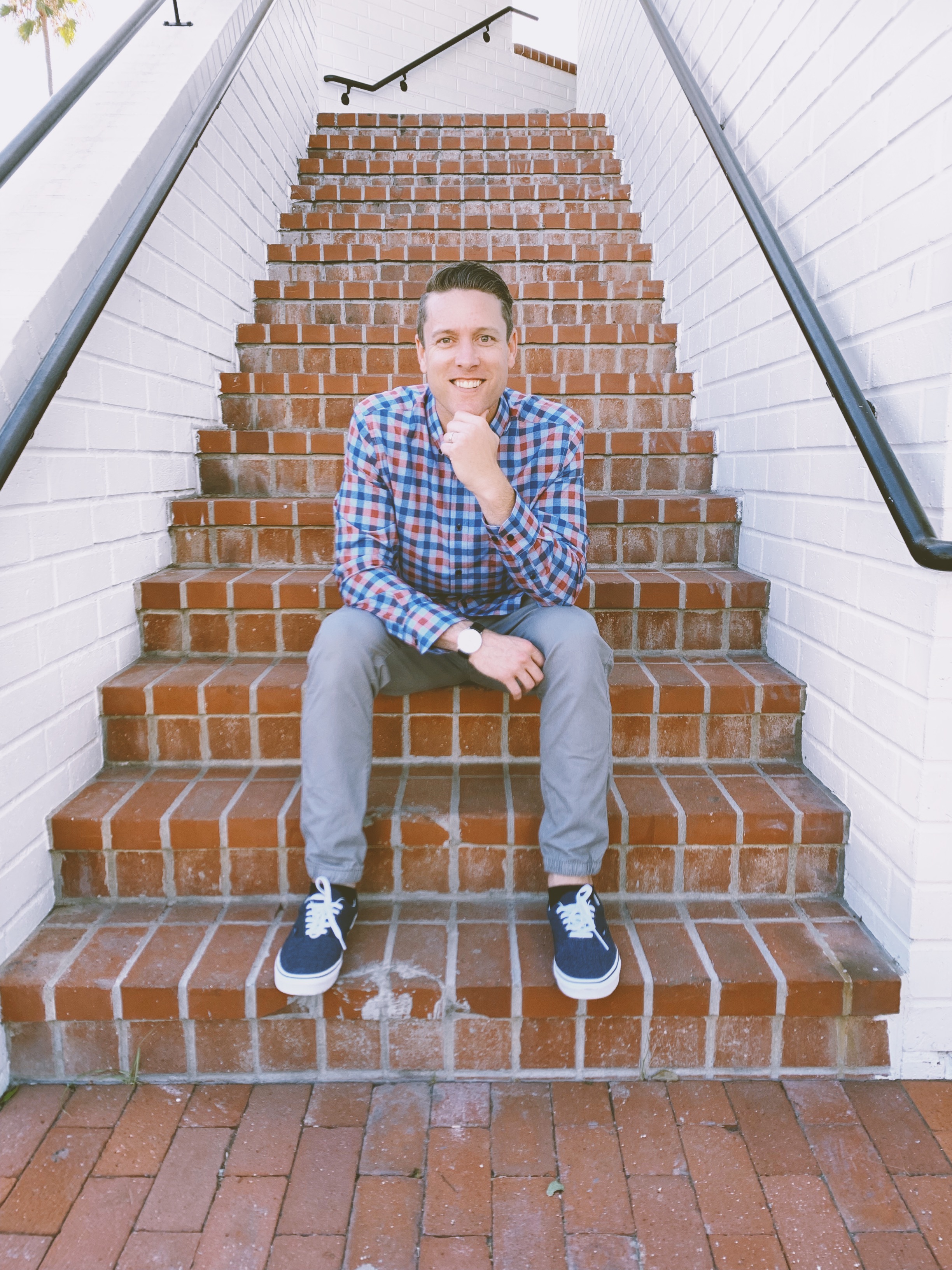Every six months I haul my children to the dentist. Why? Honestly, because I receive the rushed postcard I filled out exiting my last visit with balloons, stickers and a promise of better-brushing ahead. But really, it’s because it’s normal, expected and important. I don’t wait for my child’s tooth to be falling out or rotting away before I call the dentist. And that’s exactly the mentality we must adopt in our collective approach to mental health. Trips to the therapist for a “check-up” should happen with the same cadence and expectation as trips to the dentist.
Why all children deserve to see a mental health clinician (at least) every six months:
They build trust. On her first trip to the dentist, my young daughter’s teeth were gently counted, kind words were spoken, and she left with a positive association with the dentist. Similarly, if children experience the practice of a clinician early on, they won’t know any different, and understand it to be just another trusted professional who supports another aspect of their wellness. If an issue arises in the future, a previous foundation already exists from which to proceed.
They’re proactive. Just as a dentist has the training and capacity to identify plaque buildup and discretions with seemingly strong teeth, so too can a clinician identify potential aspects that need more care or potential treatment. Clinicians are key allies to parents; they can provide insight and strategies on the homefront for both child and parent. Additionally, just like the dentist, clinicians can recommend various levels of care, issue referrals and request a follow-up visit to properly address anything they warrant necessary.
They instill coping skills. In my own decade-plus of seeing a therapist, I learned just as much about my past as I did about how to traverse my future. She armed me with the confidence to practice self-care and face into my anxiety and depression. Clinicians are capable of helping adolescents process the world they’re living in, which despite being the same physical world as the adults in their lives, couldn’t be any more different in countless ways.
They normalize mental health care. Trips to the dentist are, well, normal. Love them or hate them…we all go. At 39 years old I don’t question whether or not I should go, I question which dentist is best for me. Imagine if all of our teenagers were having at least two meetings with a trusted, trained, licensed and empathetic clinician?
They save lives. Suicide is the second-leading cause of death for teenagers in the United States right now. That’s unspeakably devastating. I’m not a clinician, and I make no guarantees that all lives will be saved. But I am pragmatic, and I do know that more eyes on more children and teenagers in the confines of a safe-space will make a great impact on our mental health epidemic.
So, the next time you receive that haphazardly filled-out postcard in the mail, I challenge you to book another appointment for the same day, with a mental health professional.


